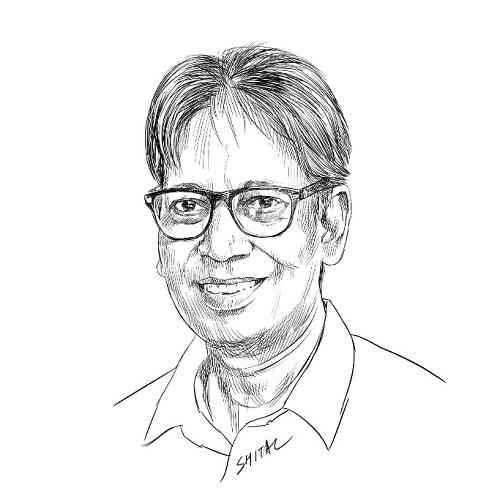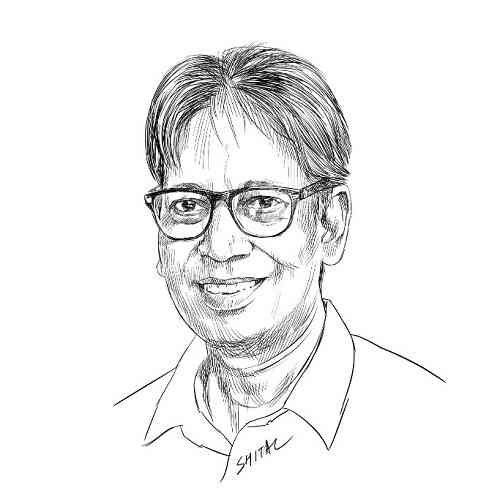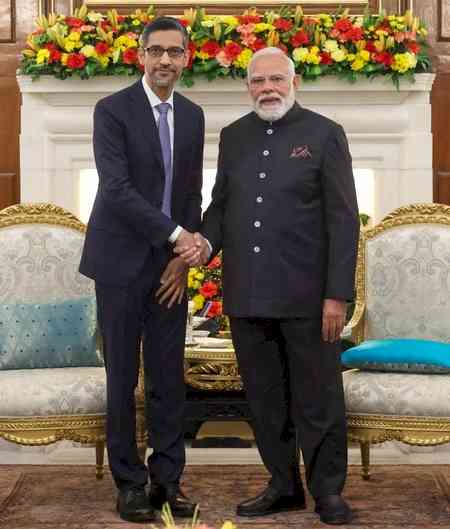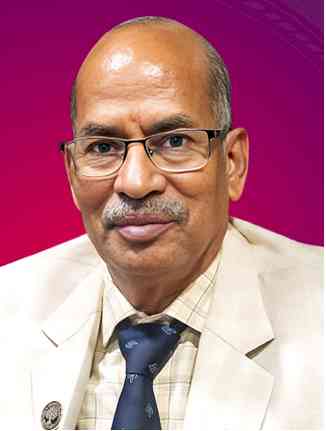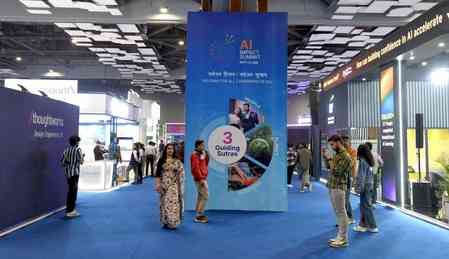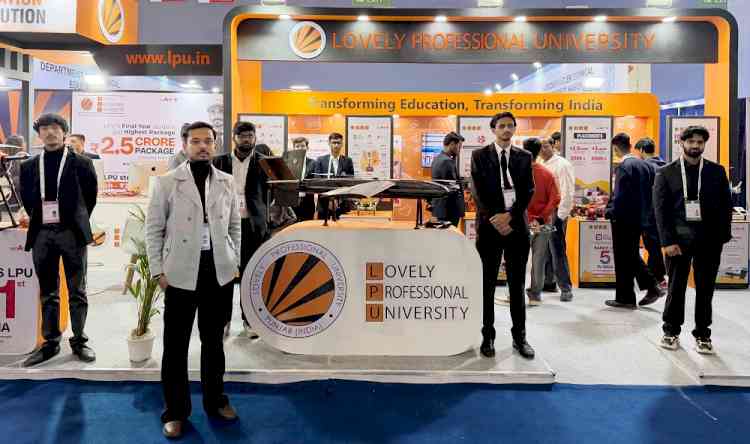India, Japan are natural partners and sky is not the limit: Ambassador Sibi George on Tokyo-New Delhi ties (IANS exclusive)
In an exclusive interview with IANS, Ambassador of India to Japan, Sibi George, reflected on the deepening India-Japan ties, the evolving global order, and how Prime Minister Narendra Modi’s diplomacy has shaped India’s global positioning.
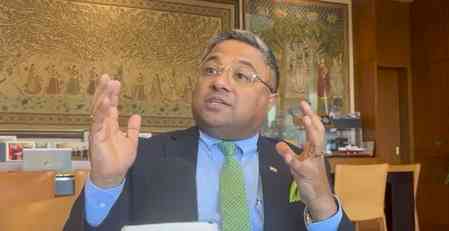
Tokyo, Aug 20 (IANS) In an exclusive interview with IANS, Ambassador of India to Japan, Sibi George, reflected on the deepening India-Japan ties, the evolving global order, and how Prime Minister Narendra Modi’s diplomacy has shaped India’s global positioning.
Emphasising the civilisational ties between India and Japan, the Ambassador called the bilateral relationship a “quantum leap” in recent years and said "sky is not even the limit" for the two nations' partnership.
Here is the full interview:
IANS: Can India and Japan together form a formidable partnership in the new world order?
George: In 2014, India and Japan agreed to what we call a Special Strategic and Global Partnership. It has reinforced the civilisational connection that has existed between our two countries for centuries.
What we have seen since 2014 is steady progress in our relationship, encompassing multiple sectors: Political engagement, business partnerships, Defence and security cooperation, people-to-people connect, and science and technology engagement. You have seen this progress in every field over the last ten years. And now, in this evolving geopolitical and geoeconomic situation, we are continuing to deepen our engagement at every level in all of these areas.
India and Japan are like-minded countries, natural partners, and sky is not even the limit for our relationship. We are even cooperating in space exploration. There has been a significant, quantum leap in our relationship over the last few years, and this will continue.
We are looking at a new road map and vision for our relationship — one that takes it to new levels and encompasses all possible aspects. This includes cooperation between Indian states and Japanese prefectures. We strongly believe that Tokyo alone is not Japan — Japan is much bigger than Tokyo.
So, it is very important for us to engage with each and every prefecture of Japan, and that is what we have been doing in recent years and will continue to do. Similarly, we are connecting Japanese prefectures with Indian states, and we are receiving a very positive response from the Japanese side to this initiative.
IANS: How has PM Modi's diplomacy helped India in adverse situations?
George: Over the last few years, we have seen how India has played a very important role in diplomacy. The best example is the G20 Summit which we hosted in 2023.
That summit was a significant success story for Indian diplomacy. At the same time, Japan was hosting the G7 Summit, and there was close coordination between the two countries. Prime Minister Modi visited Japan for the Hiroshima Summit, and you may recall that we unveiled a statue of Mahatma Gandhi at the Hiroshima Peace Park.
That statue has now become an icon of India’s presence in Hiroshima. Every visitor goes to see the Mahatma Gandhi statue, which symbolises India’s commitment to peace and non-violence, ideals that both Mahatma Gandhi and India represent.
The G20 Summit itself was an extraordinary event. We organised nearly 200 events across 50 cities in India, which meant that 200 Japanese delegations visited India during that period. Each of them returned with the message that they had seen a 'New India.' It was a proud moment, showcasing India’s transformation and diplomatic strength.
IANS: What was India's biggest achievement during the G20?
George: One of the most important elements was the unanimous adoption of a vision document, which had not been possible before. We were able to bring all stakeholders together to agree on a document of hope for the world.
Moreover, we gave a platform to the Global South. Before the G20, India convened the Global South Summit, where we brought together the voices of developing nations to the G20 main table. A landmark achievement was getting Africa included as a permanent member of the G20, representing over a billion people.
India represents one-sixth of the world’s population, yet we are not one-sixth of the world’s problems — we bring solutions to the table. Whether it's diplomacy, economy, or crisis management, India consistently brings solutions. A whopping 1.5 billion people living in peace, in a democracy, with the largest youth population in the world — this is the most important message India delivers today.
IANS: How has India's relationship with other countries evolved under PM Modi's leadership?
George: Our relationship with almost every country has progressed significantly. There is a new depth and substance in our diplomacy.
Let me give you an example from Japan, a key partner in our Special Strategic and Global Partnership. A major pillar of our relationship is the economic engagement. Today, there are 1,500 Japanese companies operating in India, and these are 1,500 success stories.
A recent survey by JETRO indicates that Japanese companies view India as their most preferred destination for expansion.
IANS: What makes the India-Japan economic story so compelling?
George: As an Ambassador, I always say every Ambassador is a salesman, and I am very proud to have a great product to present. The India–Japan success story is a product with immense attraction.
India is now the fourth-largest economy in the world. It offers billions of opportunities, and it is for Japan to fully harness them. This is key to addressing the geopolitical and geoeconomic challenges we all face today. And I am confident that we are moving in the right direction.
--IANS
rs/rad



 IANS
IANS 
